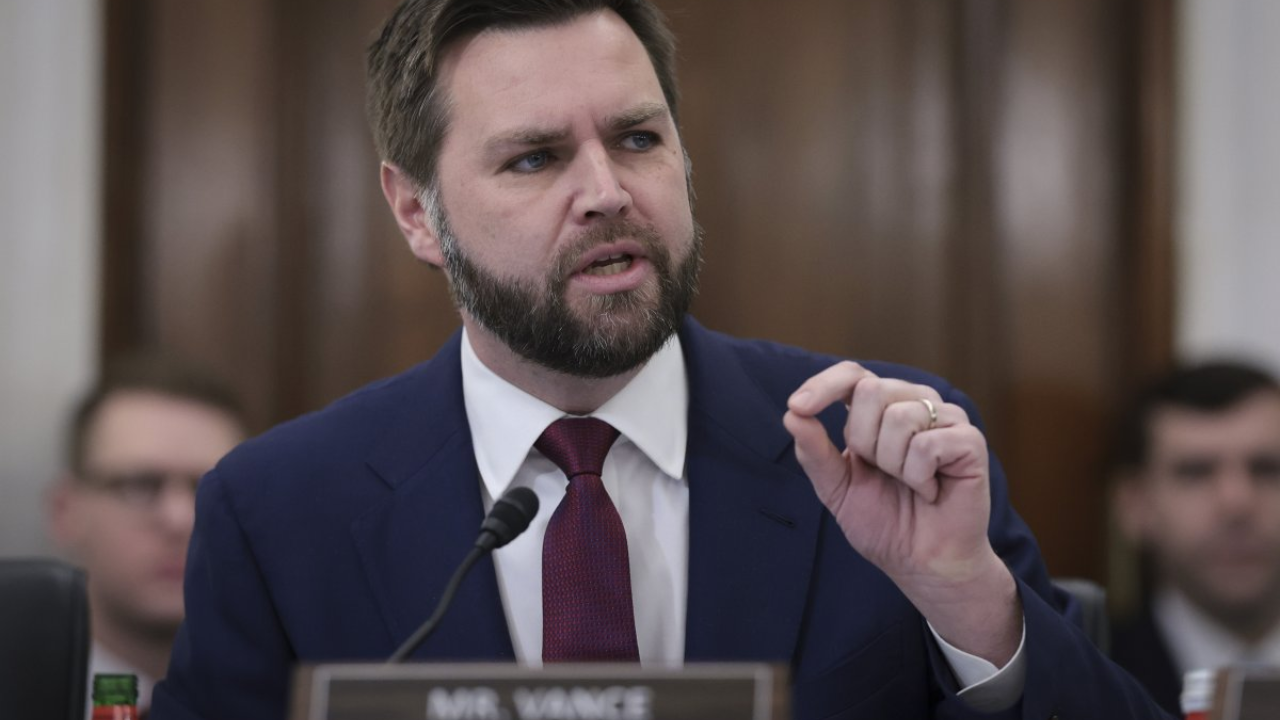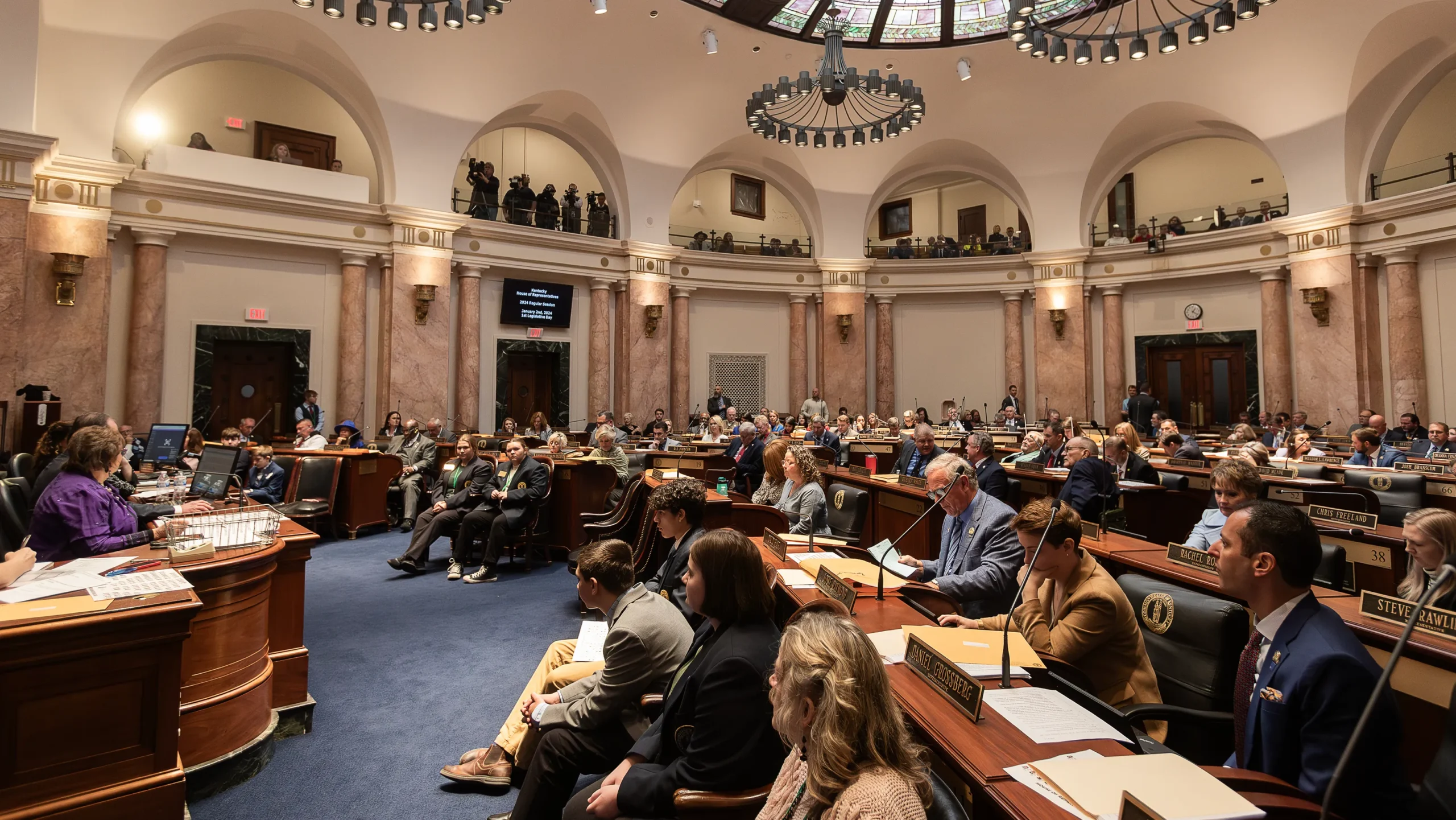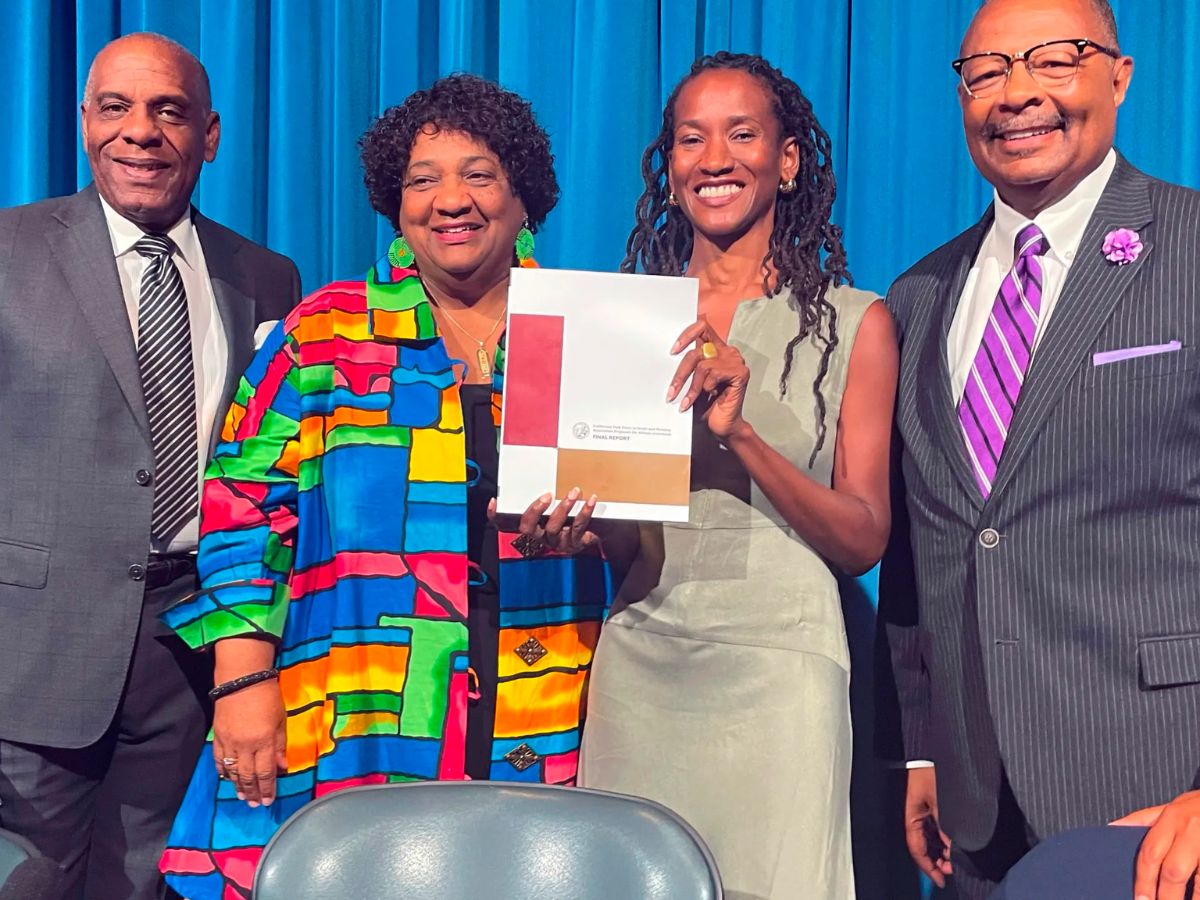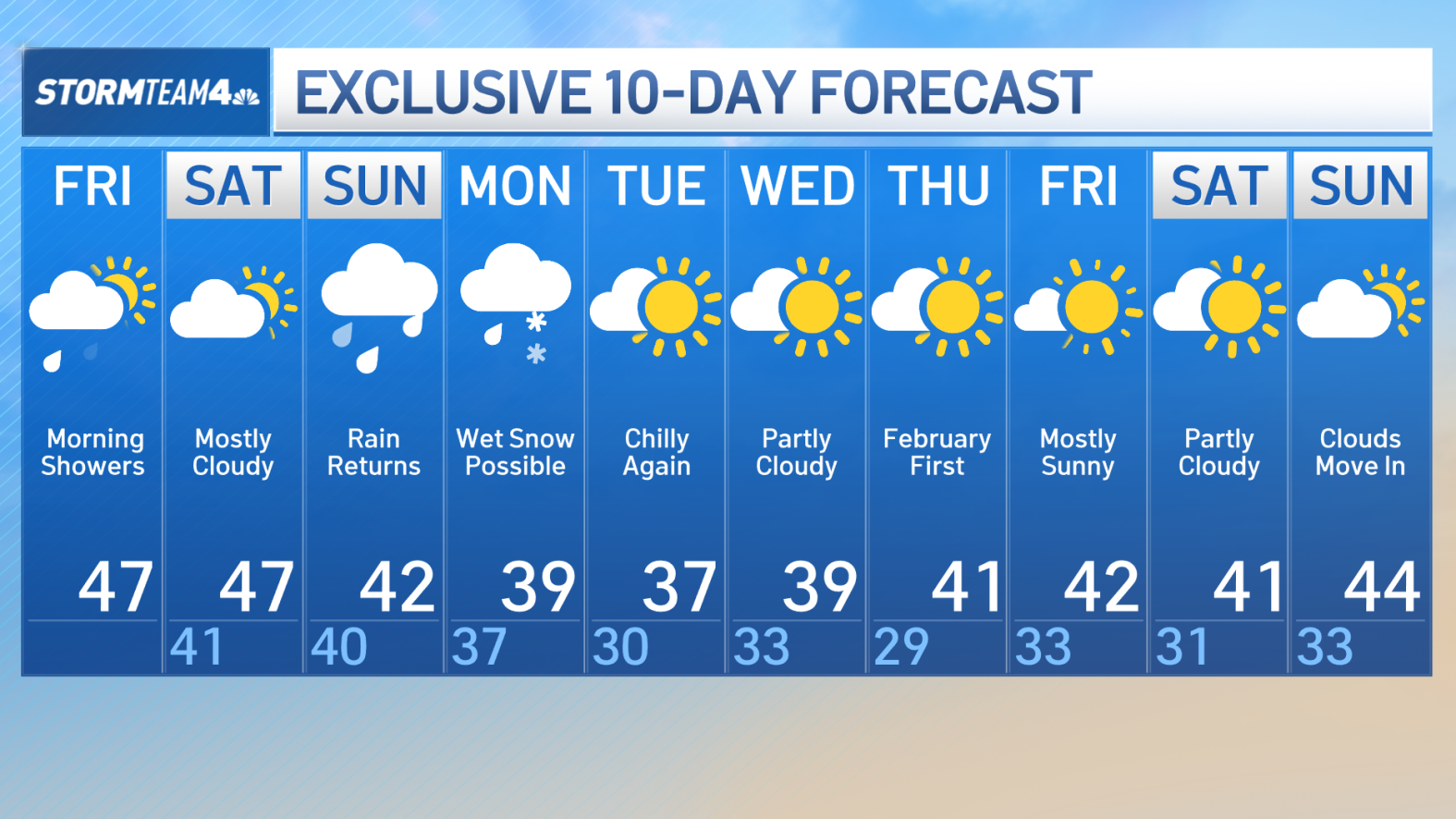In a dramatic episode of ABC’s “This Week,” host George Stephanopoulos suddenly stopped an interview with Senator J.D. Vance (R-OH) after the senator made contentious comments regarding the president’s power over judgments made by the Supreme Court. The conversation, which soon turned heated, emphasized the intricate interactions between the government’s branches and prompted concerns about the boundaries of the executive branch.
Senator Vance has a reputation for being a fervent supporter of former President Donald Trump. He originally came to the notice of the country with his memoir “Hillbilly Elegy.” Stephanopoulos questioned Vance about his prior remarks from 2021, in which he proposed that Trump should oppose the current state of bureaucracy and possibly disregard decisions made by the Supreme Court that went against his administrative objectives.
Vance had compared himself to the seventh President of the United States, Andrew Jackson, who had famously disregarded a decision made by the Supreme Court in the case of Worcester v. Georgia. To soften his stance, Vance claimed that the matter at hand concerned the purported inability of government servants to carry out elected officials’ orders rather than disrespecting the Supreme Court in and of itself.

He gave examples of how, in his view, federal bureaucrats had disregarded the administration’s directives, which had had unfavorable results, including the horrific deaths of American servicemen in Jordan. Stephanopoulos, however, continued to concentrate on the argument’s wider ramifications, including the notion that the president might decide which rulings from the Supreme Court to follow.
The essential ideas of the U.S. Constitution—which creates a system of checks and balances among the three departments of government to prevent any one branch from amassing too much power—were highlighted by this line of inquiry. The sudden conclusion of the interview, in which Stephanopoulos severed Vance’s microphone, highlighted how divisive the discussion over the extent of presidential power is.
ABC News anchor George Stephanopoulos would not tolerate another word from Sen. J.D. Vance after the freshman senator said a president would have the authority to defy the Supreme Court, cutting his mic off to end the interview.https://t.co/gDrTTfe4Lk
— The Daily Beast (@thedailybeast) February 4, 2024
It also emphasized how important it is for the media to moderate these kinds of conversations, question prominent figures’ opinions, and make clear how they relate to democratic government. This incident is a reflection of larger tensions in American politics, as debates over the proper distribution of power, the judiciary’s function, and the executive branch’s authority have grown more divisive.
The conversation between Stephanopoulos and Vance provides a microcosm of the continuous discussion over the bounds of executive authority and the eternal significance of judicial independence in maintaining the rule of law as the nation negotiates these difficult constitutional issues.




